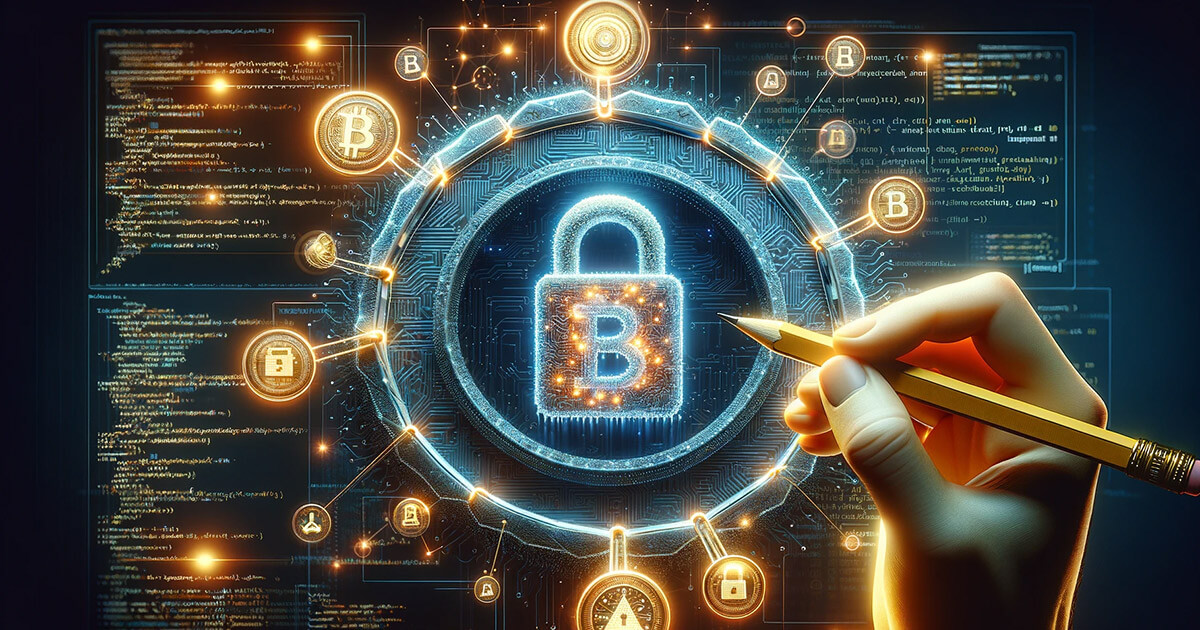
Blockchains have been created with immutability as certainly one of its elementary rules and to many the considered introducing restricted mutability contradicts the very foundations on which blockchains have been first created. Whereas the immutability of blockchains is vital to fortifying safety and fostering belief, it should be emphasised that immutable blockchains usually are not faultless and up to date exploits in 2023 have raised questions on the opportunity of restricted mutability.
Immutability solely ensures safety when code is invulnerable
Immutability prevents many sorts of exploits as the shortcoming to change code or information prevents unhealthy actors or attackers from manipulating a system. Nonetheless, in conditions the place upgrades usually are not potential, challenges might come up, together with the chance of encountering delayed updates when vital modifications are required, or the potential for funds to be left in weak contracts. That is what occurred within the August assault towards Curve Finance.
Curve’s Liquidity Suppliers (LPs) had a timelock embedded within the sensible contracts, making it technically not possible to repair a coding vulnerability inside Vyper. By forfeiting the flexibility to edit the state of the sensible contract, the protocol was unprotected towards an exploiter who was in a position to drain $62 million from Curve.
This highlighted that immutability could cause immense issues when codes are weak. Though a complete audit may need detected these exploitable capabilities, the character of immutability would have made it not possible to repair.
Immutability is adequate for the short-term however might trigger long-term issues in mitigating rising threats
Whereas fast dangers to blockchain safety is probably not pressing sufficient to warrant a departure from immutability – although most hacking incidents usually are not considerably linked to immutability – we nonetheless have to acknowledge a few of the difficulties they at the moment trigger.
For instance, developments in blockchain expertise proceed to happen quickly. Consequently, when important modifications are required and updates grow to be impractical, protocols are at the moment compelled to transition to newer variations. Wanting forward, this state of affairs is a problem for protocols and different companies working on blockchain platforms.
What’s essential is acknowledging that technological developments might create extra issues in blockchain safety and betting on blockchain’s immutability might probably be dangerous when vital funds are at stake. Hackers and exploits proceed to grow to be extra subtle and developments similar to quantum computing will improve vulnerability to exploits similar to storage hacks and transit assaults. Whereas developments similar to quantum computer systems usually are not a direct menace, there might come a time when upgrades are vital for safety to be preserved.
Whereas networks similar to Bitcoin are thus far unhurt (largely attributable to its immutability), it isn’t out of the query that Bitcoin could possibly be hacked. Moreover, extra complicated blockchains that concentrate on programmability and end-user apps vastly differ from Bitcoin and would comprise extra assault vectors, leaving them at larger danger.
Immutability helps to construct belief
Whereas now we have outlined a few of the issues with immutability, it will be blinkered to ignore a few of its unquestionable triumphs, the best being its capacity to construct belief, a elementary precept behind the idea of blockchains.
Immutability helps to construct a robust sense of belief amongst its customers attributable to its unchangeable nature. The Bitcoin Community is the best instance of immutability, whose unblemished monitor document has instilled belief in its customers.
The success of immutability throughout the Bitcoin ecosystem has helped to create a few of the strongest social consensus throughout the entire house. Customers collectively acknowledge and worth the unchangeable nature of Bitcoin and the inducement to take care of its integrity has helped it to reach creating probably the most resilient ecosystem within the web3 house.
The inherent dangers of mutability stay notable
Equally mutability can lend itself to malicious exercise whereby coding might be modified to profit a minority. An instance of that is the Multichain/AnySwap’s exploit. Whereas there’s nonetheless little readability over precisely what occurred with this exploit, sources have mentioned that Multichain/ AnySwap merely determined to siphon funds out of its protocol as a result of it was potential to take action.
Critics of Multichain’s response declare that the mission might have and will have ‘decentralized’ entry to the protocol’s non-public keys as one particular person reportedly held it. Mechanisms similar to multi-signature vaults (‘multisigs’) are a viable answer to points similar to Multichain’s exploit as malicious actors throughout the multisig can be unable to govern the protocol as they’re denied the consensus to take action.
Conclusion
Contemplating the upsides and disadvantages, immutability stays the perfect structural strategy. It is among the foundations on which Bitcoin was first created and has been instrumental in preserving it safe and creating such a robust sense of consensus. Nonetheless, we should not overlook that the Bitcoin ecosystem is by far the most straightforward.
Extra complicated ecosystems and protocols will proceed to emerge, requiring modifications to take care of safety. As we transfer into the following bull run, liquidity will return to the DeFi ecosystem and extra protocols will emerge. On the identical time, it will create a chance for hackers and you will need to keep in mind that blockchains are certainly not good. If safety will not be a precedence from the design section, many will fall sufferer to the inevitable dangers of hacks no matter whether or not or not a protocol is immutable.
